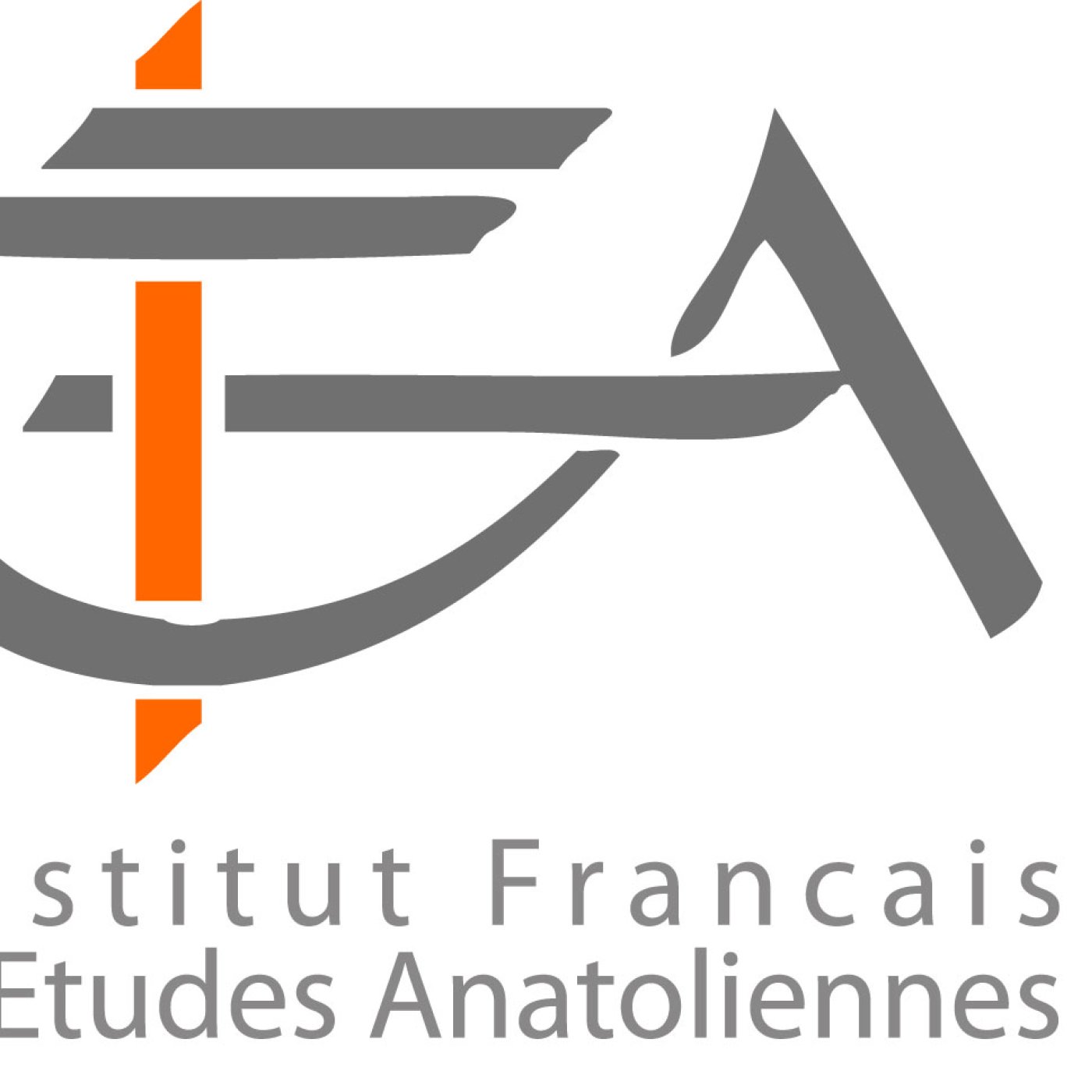Seminar - Emotional Landscapes Through Turkey’s Past and Present

In English
In hybrid
Registration in person (before 2:00 pm on December 17, number of places limited)
Organised by Şeyma Afacan (Kırklareli University, Asst. Prof. / IFEA)
The event will be organized as a dialogue between Şeyma Afacan and Esra Özyürek.
Esra Özyürek (Cambridge University)
Rethinking Nostalgia for the Modern on the 101st Anniversary of the Republic
In 2006, Nostalgia for the Modern, by Özyürek, came out as one of the key etnographic texts of how the symbols of Kemalism spread through private and intimate spheres of life. In assembling the relationship between Kemalist nostalgia and the integration of neo-liberal symbolism of privatisation into Kemalist ideology's nationalism, as well as the perceived dangers of political Islam and the Kurdish movement, the book remains highly relevant to Turkey's contemporary social and political landscape. With an eye towards what has changed between the 75th and 101st anniversaries of the Republic, Esra Özyürek revisits Nostalgia for the Modern in this interview, moderated by Şeyma Afacan.
Biography
Esra Özyürek is a Professor of Anthropology at the Faculty of Divinity at Cambridge University. After receiving her PhD in Anthropology from the University of Michigan, she taught at the University of California, Santa Barbara; the University of California, San Diego; and the London School of Economics. In addition to Nostalgia for the Modern, she has published the books Being German, Becoming Muslim: Race, Religion, and Conversion in the New Europe and Subcontractors of Guilt: Holocaust Memory and Muslim Belonging in Post-War Germany.
Détails
| Date de l'événement | 19/12/2024 6:00 pm |
| Places | 15 |
| Lieu | IFEA |


